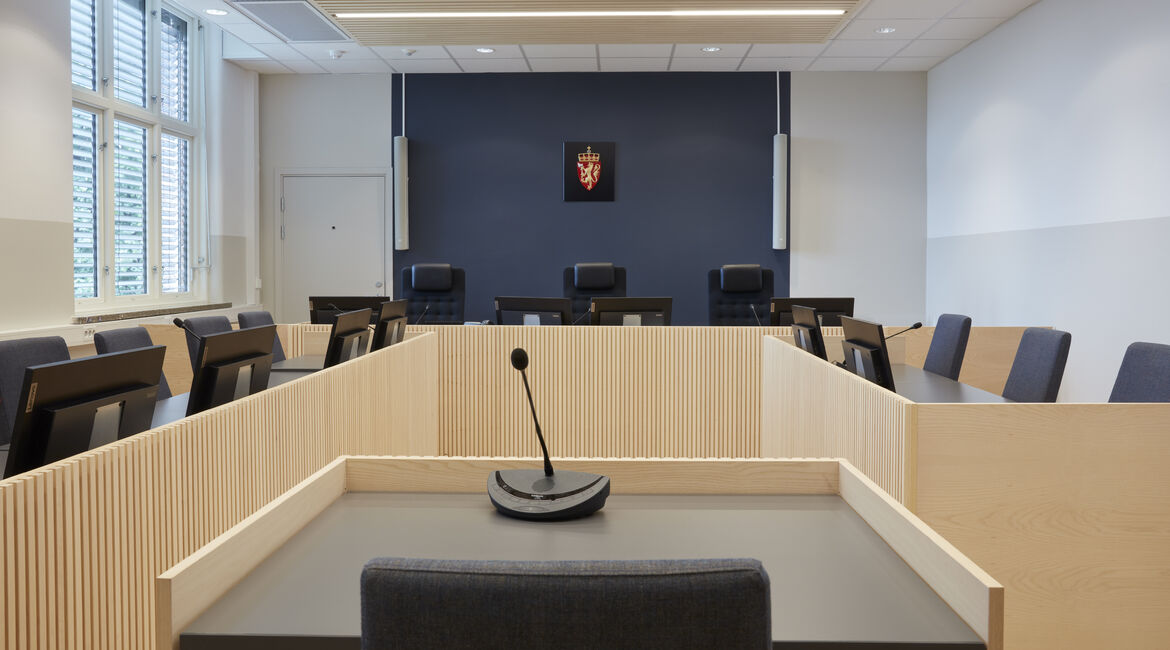What is a witness?
You have been summoned to testify because the parties or the tribunal believe that you have knowledge of something that it could be important for the tribunal to know. By testifying, you will help the tribunal to make the right decision for the people the case concerns.
Duty to attend
You have a duty to attend the tribunal when summoned. No one can refuse to appear as a witness before the tribunal. If you have a long way to travel, the tribunal may allow you to testify by telephone or via video link.
Duty to testify
The tribunal can only base its decision on the information that has come to light during the tribunal hearing. Therefore, you need to testify so that all the members of the tribunal can hear what you have to say. Most witnesses have a duty to testify. An exception may apply if you are related to one of the parties to the case. If you are uncertain about whether you have a duty to testify, you can contact the lawyer representing the party that wants you to testify.
How to prepare to testify before the tribunal
When you receive a witness summons, you should notify your employer or school as soon as possible to let them know that you will be absent. If it is difficult for you to attend at the time you have been summoned, you should raise the matter immediately with the party that summoned you.
You can prepare notes for yourself about what you remember about the case. You can bring these notes with you to the tribunal as an aide-memoire. You can also prepare by reading letters, documents and records.
Who will be present at the tribunal?
As a rule, tribunal hearings are held behind closed doors. This means that there will not normally be an audience present. The tribunal may decide that certain persons should be present in order to familiarise themselves with the tribunal’s procedures. If this makes it difficult for you to testify, you can raise the issue with the party that wants you to testify.
Arriving at the tribunal
The reception staff will help you to find the room where the tribunal meets. Bring the summons with you. Before it is your turn, the parties will testify and written documentation will be submitted. It is difficult to estimate when a witness will be called to testify, so please be prepared for the possibility that you may have to wait for some time before being called.
Witness statement and affirmation
When you enter the tribunal room, you will be asked your name, address etc. You will then be asked if you are related to the parties to the case. The tribunal chair will inform you if you do not have a duty to testify. You must make an affirmation before testifying. The tribunal chair will first ask you tell the whole truth and nothing but the truth, without withholding anything. The chair will then ask you to make a solemn affirmation, and you must repeat after him/her: ‘I solemnly affirm it on my honour’. The party that has summoned you as a witness will ask you questions first. Afterwards, the other parties and the tribunal will ask you follow-up questions.
Practical information
If you have incurred any expenses in connection with testifying before the Child Welfare Tribunal, they will be covered by the child welfare service. Contact the municipality’s counsel for more information. You must notify the tribunal as soon as possible if you fall ill or are otherwise unable to attend. It is the tribunal that decides whether or not you have lawful grounds for absence.



